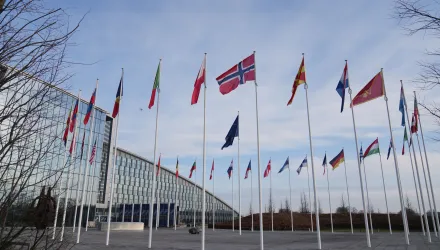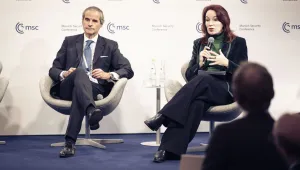Who's Afraid of the Bomb? Why States Fight Nuclear Opponents
This presentation asks why states without nuclear weapons fight opponents with nuclear weapons. The presentation critically examines the claim that states believe opponents will not use nuclear weapons in conflict.
Please join us! Coffee and tea provided. Everyone is welcome, but admittance will be on a first come–first served basis.




